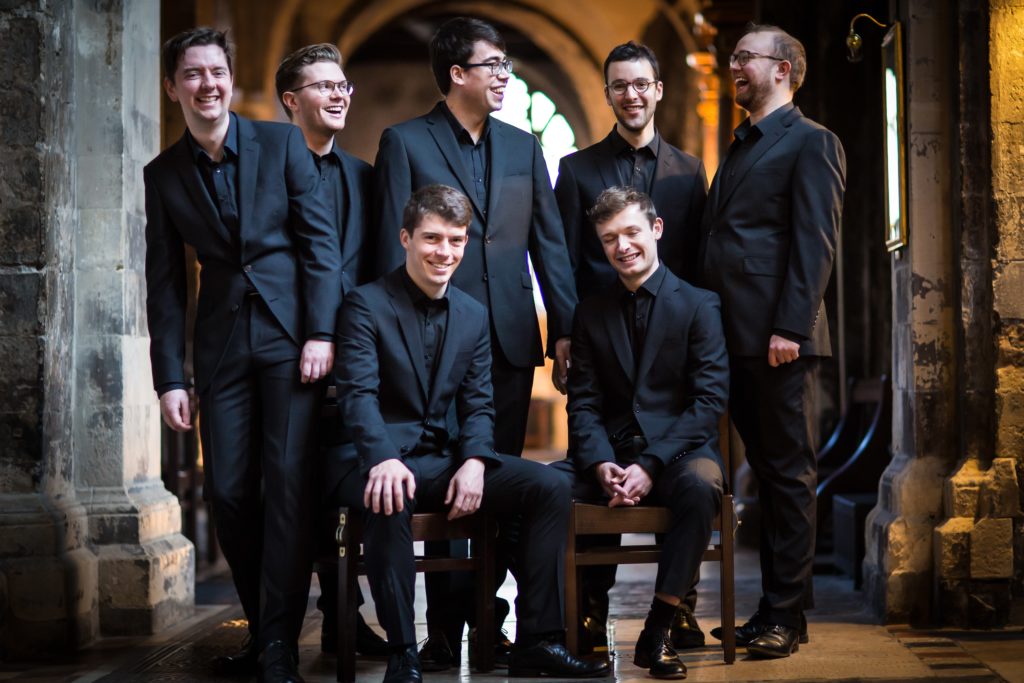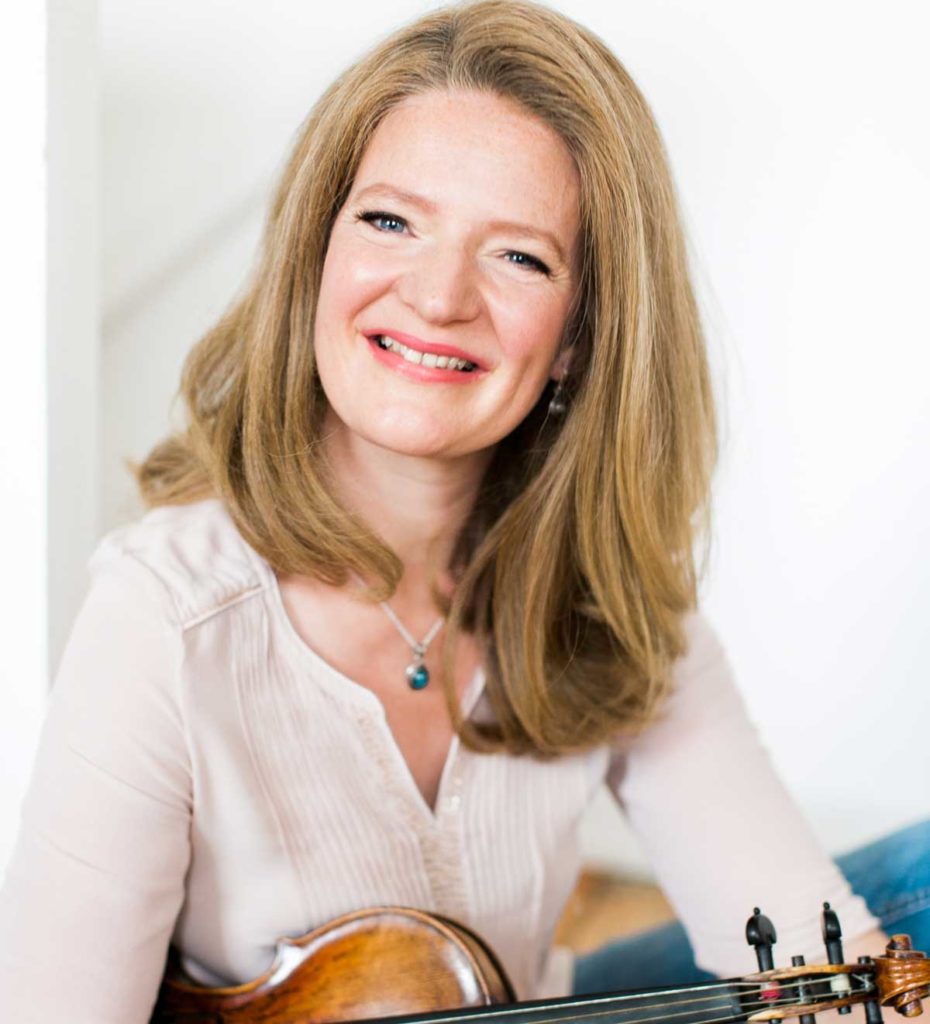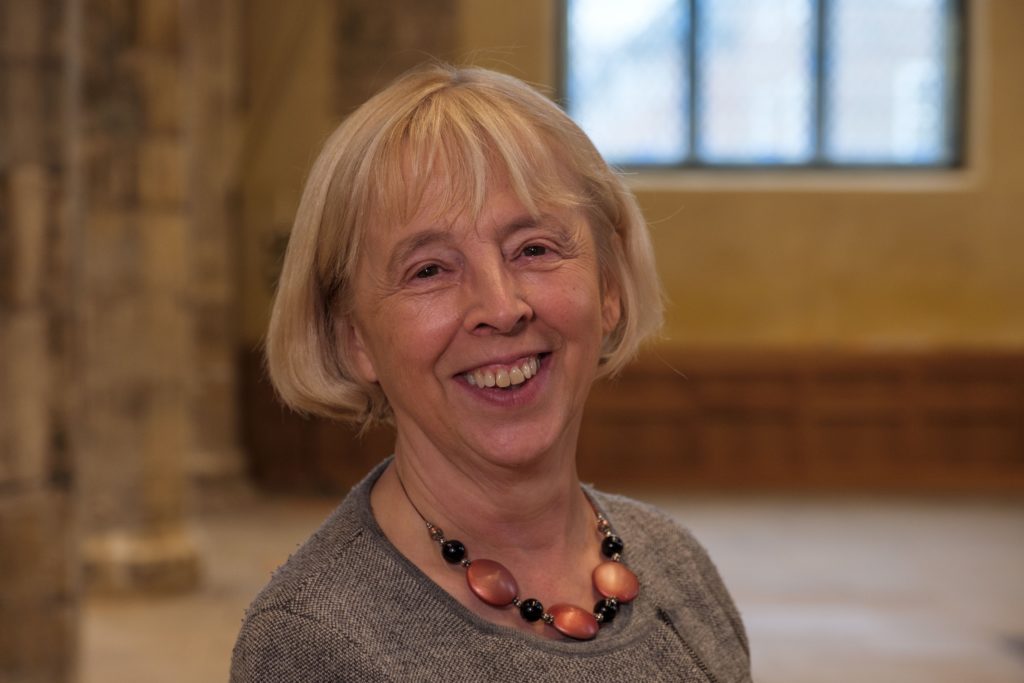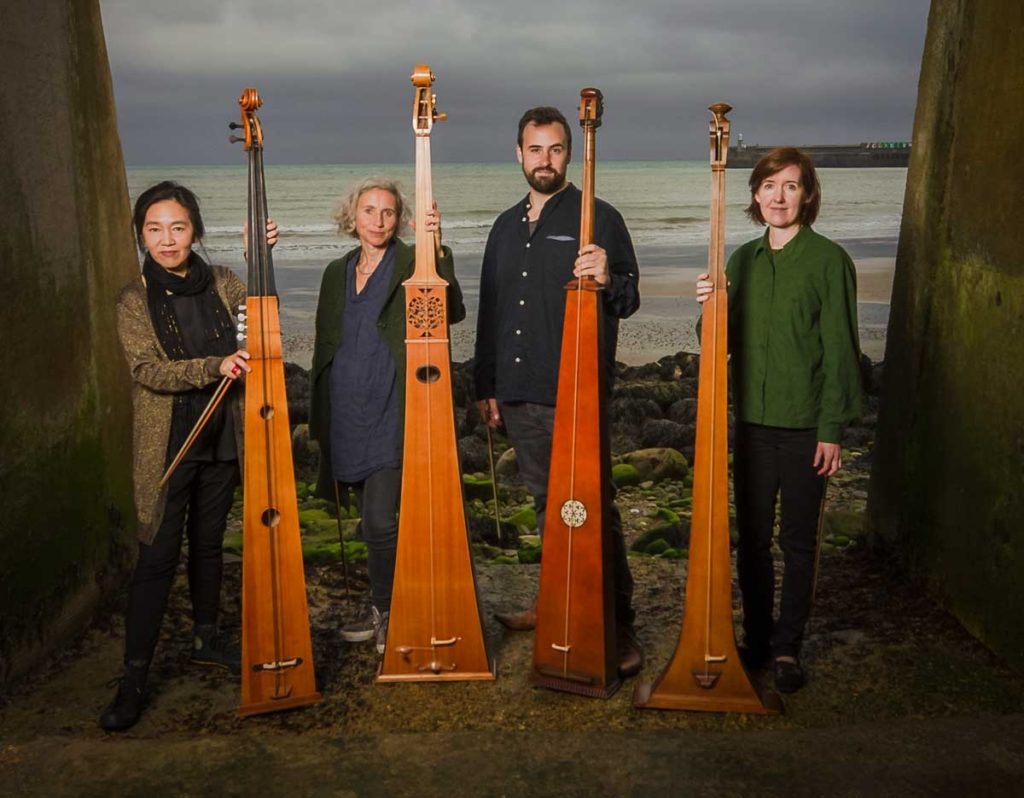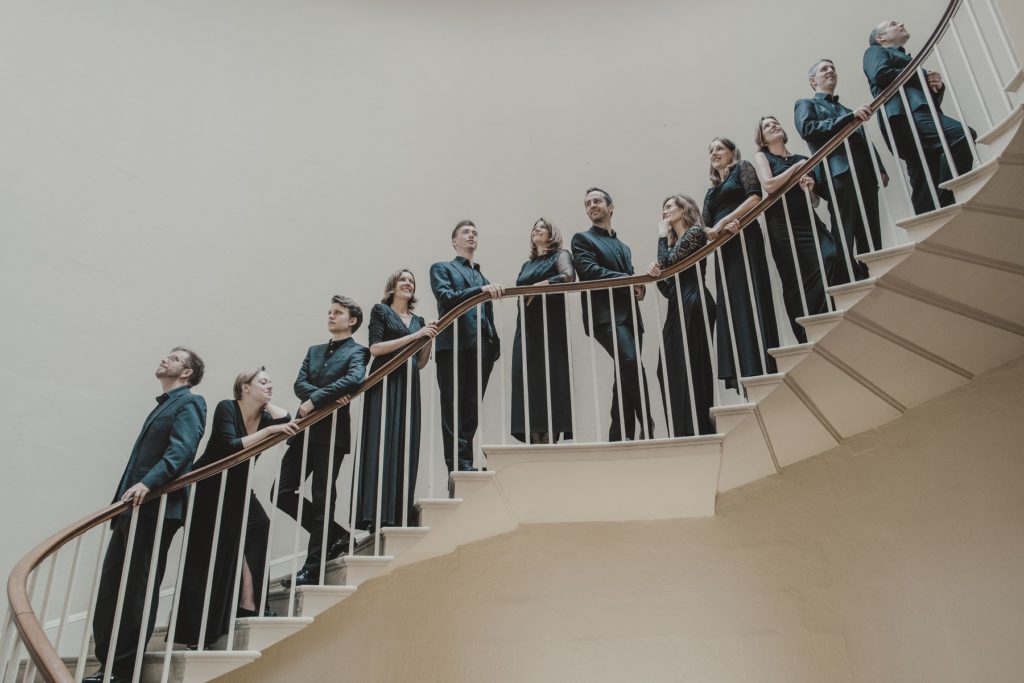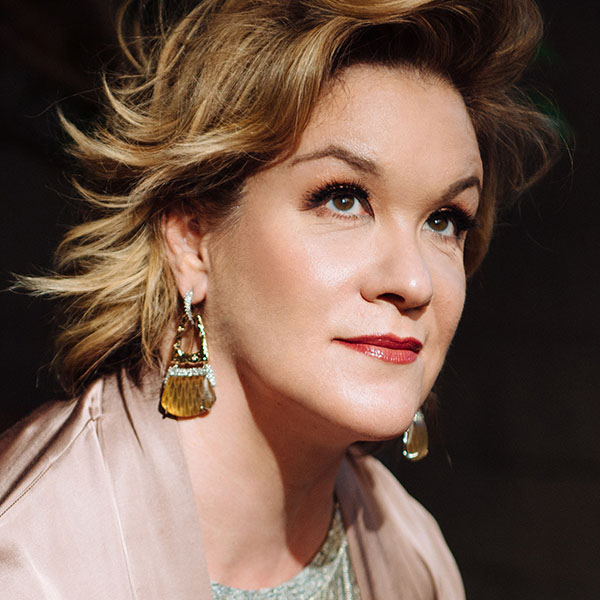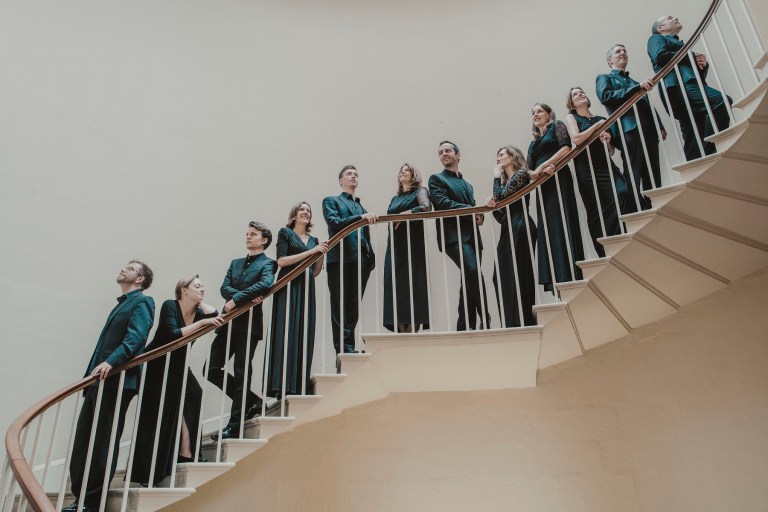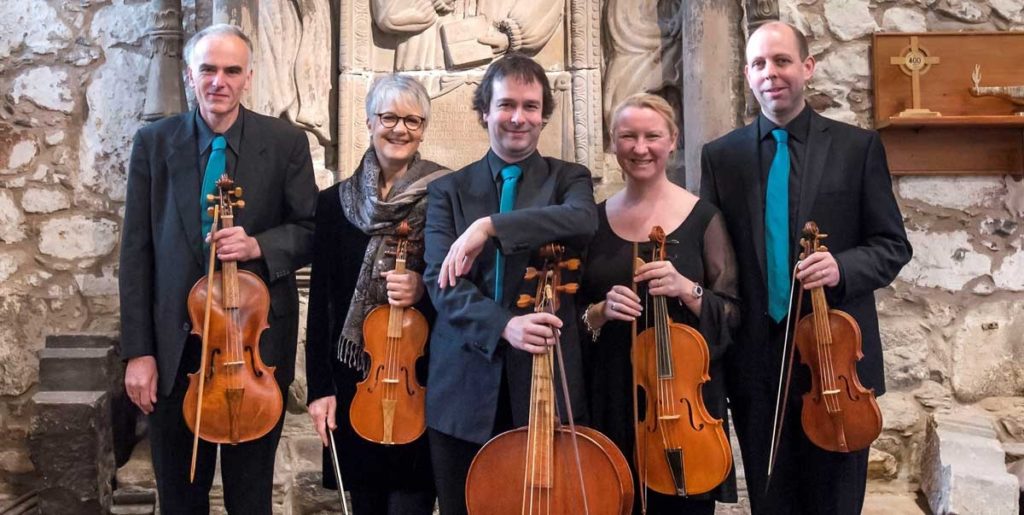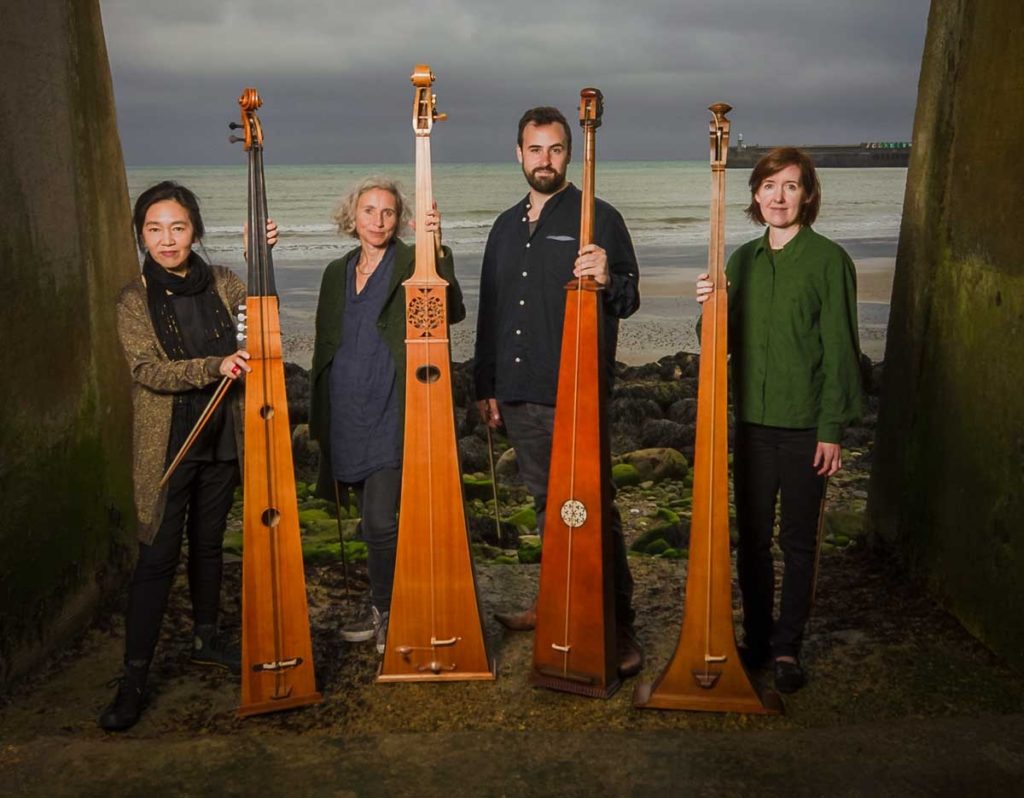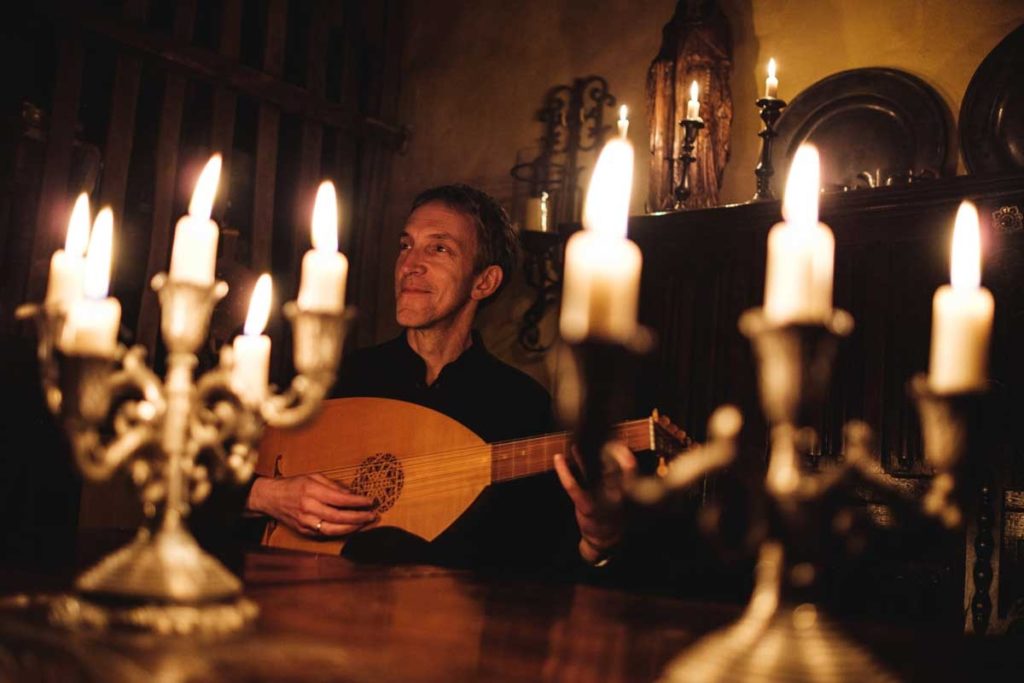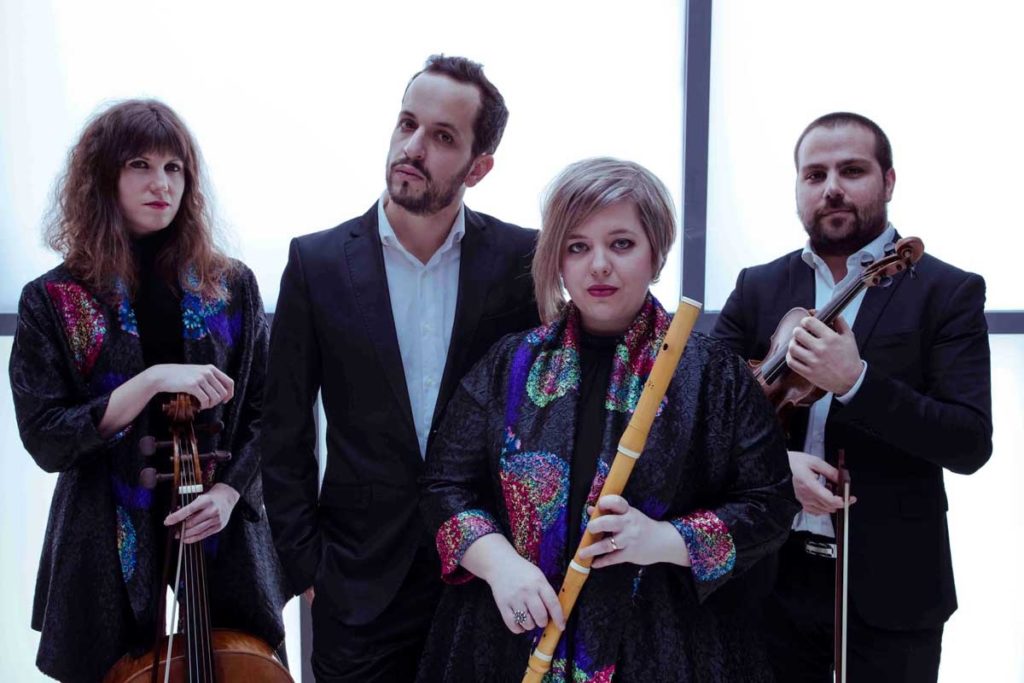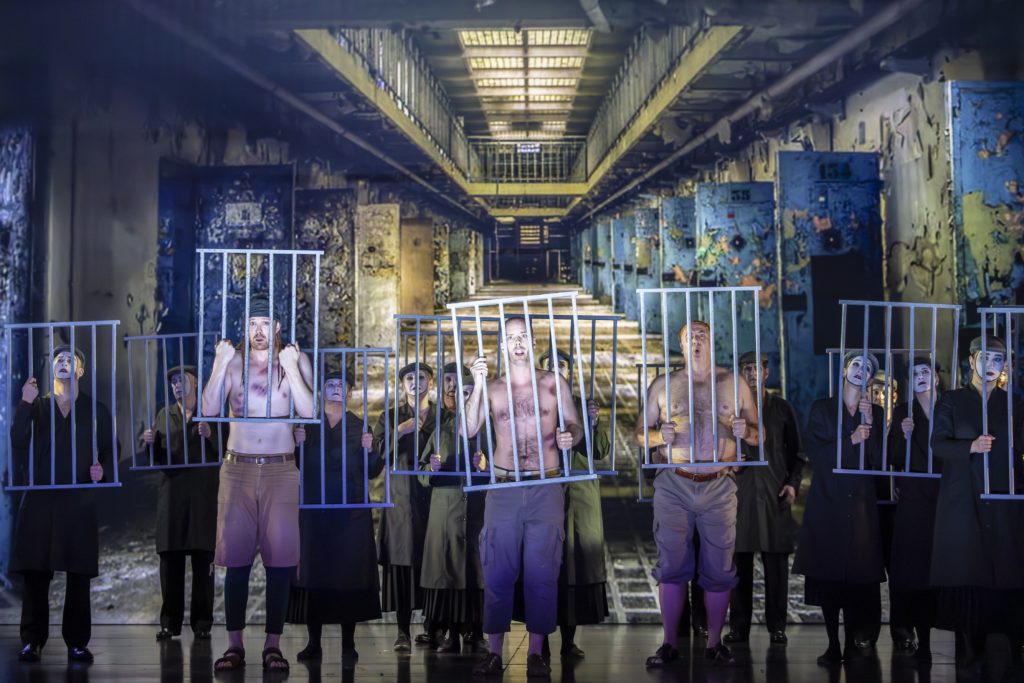
APART from Dido & Aeneas, Henry Purcell’s main contribution to drama lies in what Roger North was pleased to call “semi-operas”, no doubt with a slight sneer in his voice.
But there is plenty of drama, too, in his choral music, notably his odes for Queen Mary’s various birthdays and for St Cecilia’s Day and even – appropriately for Leeds – in The Yorkshire Feast Song of 1690.
These and more, including sacred music, provided the treasure-trove from which David Pountney cobbled together 44 musical extracts for Masque Of Might, a crazy extravaganza whose world premiere run he directs here.
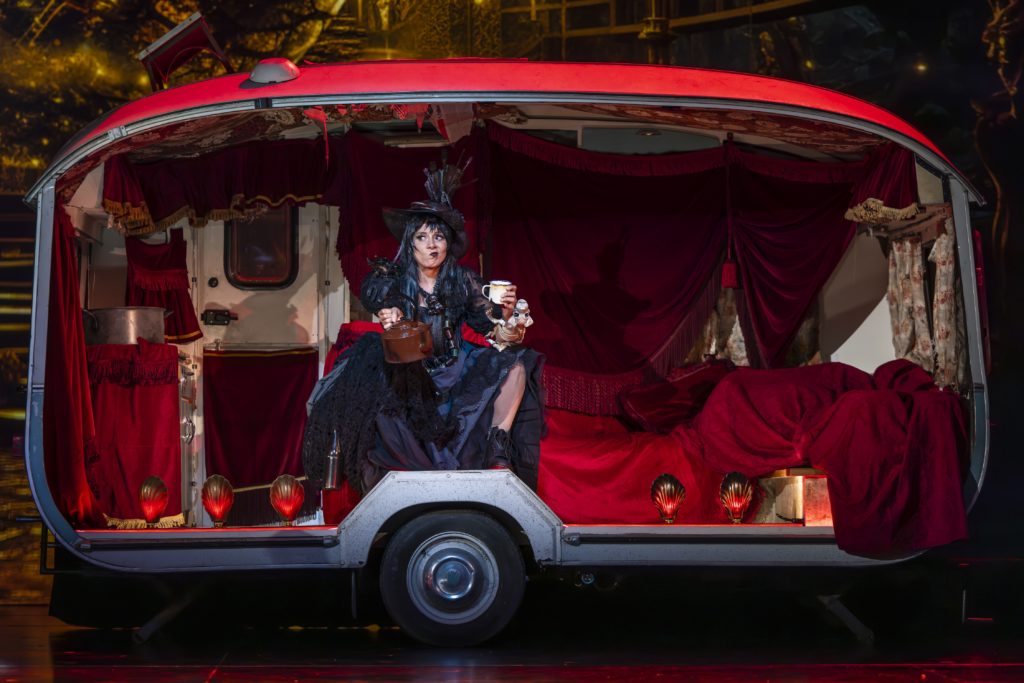
There is no spoken text of any kind, merely what Pountney himself calls “creating a narrative by the law of zany juxtaposition”. In truth, Purcell’s semi-operas are not compellingly coherent either, rather the opposite. So this exercise has its justification. But it can only be understood as masque: searching for a narrative thread here is distracting, and ultimately self-defeating.
Fittingly for Opera North’s Green Season, Masque Of Might is described as an eco-entertainment. Its storyline, such as it is, subsists around dictatorship and ecology and their impact on one another. At its centre is a dictator, handily named Diktat, whose birth into a giant pram is celebrated by Tousel Blond and Strumpet Ginger, two countertenor sycophants (cue ‘Sound The Trumpet’ and ‘Come Ye Sons Of Art, Away’), and frowned on by the watching gods, Nebulous and Elena.
The latter becomes Diktat’s prime antagonist throughout. Several climate change activists are thrown into prison by an angry Diktat (‘Hear My Prayer, O Lord’), after he is warned of the earth’s declining health. One is murdered and Elena laments (‘The Plaint’ from The Fairy Queen).
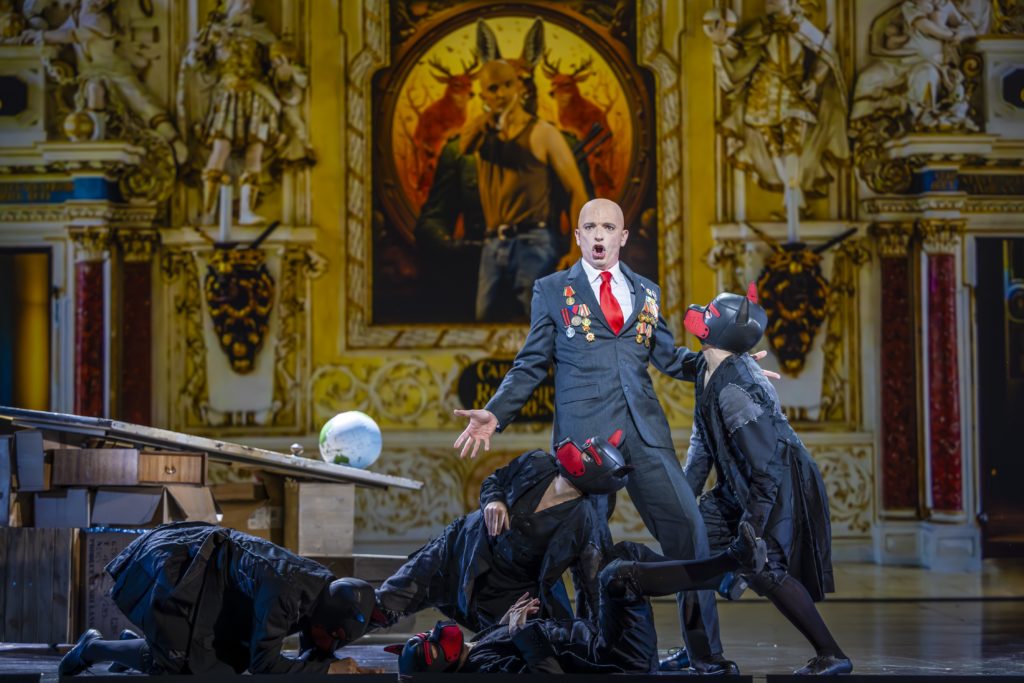
Act 2 sees Diktat at first displaying his machismo by killing a boar, but gradually the tide turns, as those who have praised Diktat now acknowledge the empty flattery that surrounds him. A series of nightmares forces Diktat to face up to nature’s cries (‘’Tis nature’s voice”) – melting glaciers, forest fires, a trembling earth – and to visit a fortune-teller for a vision of the future (Saul and the Witch of Endor).
Warned that he will forfeit his kingdom, his power crumbles and he is destroyed. Light returns and the earth’s recovery begins (‘Welcome, Welcome Glorious Morn’).
Mere narrative alongside a handful of the better-known Purcellian extracts omits episodes that see-saw between the faintly ludicrous and the deadly serious. These include slapstick clowns struggling with ironing boards; a huge sci-fi insect; a Putin look-alike puppet dangled by a Seer; a vision of Stalin as adviser in a caravan (imported from the same season’s Falstaff); death by electric chair and a chainsaw-wielding chorus.
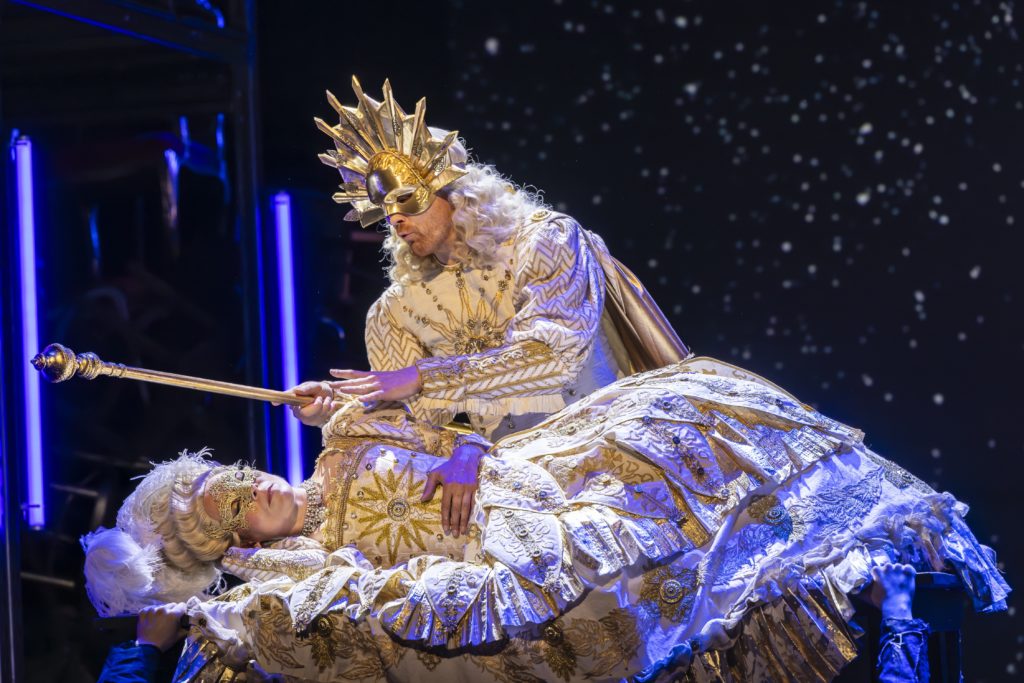
While Leslie Travers’s sets emphasise the value of the everyday, David Haneke’s video designs take us from circling planets to catastrophic natural events brought about by climate change and Marie-Jeanne Lecca’s kaleidoscopic costumes change moods and eras at will.
Callum Thorpe’s forthright bass exudes authority and gravitas as Diktat, a commanding presence and an admirable hate-figure. Anna Dennis’s chic soprano lends style to the otherwise under-written role of Elena and doubles usefully as the Witch. James Laing and James Hall pair well as the sycophants, although neither has quite the strength in their lower range so often demanded by Purcell from his countertenors.
Xavier Hetherington’s ringing tenor makes the most of his four roles, notably as Seer and Saul. Both Matthew Brook and Andri Björn Róbertsson offer strong baritone contributions in a variety of cameos.
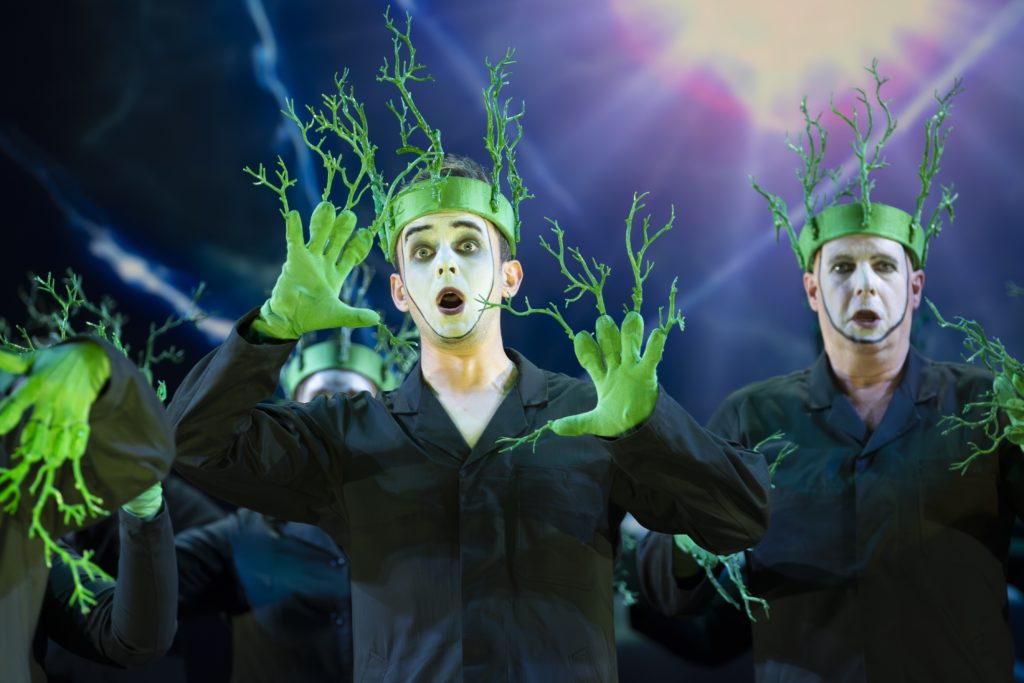
The chorus sings confidently and holds its own well in Denni Sayers’s lively choreography alongside several professional dancers, finishing as pompom-wielding cheerleaders. Harry Bicket’s expertise in earlier musics everywhere shines through his eager orchestra, whose momentum is untiring.
Although Huw Daniel is cited as editor of the musical numbers, David Pountney deserves the laurels for mounting this extraordinary show, which at the very least introduces us to parts of Purcell that others never reach. He sticks quite closely to the original texts but is not averse to making subtle alterations that fit his scenario, in a period literary style that essentially disguises their newness.
There is, for my money, not enough character-building outside that of Diktat and there is over-emphasis on baritone and countertenor voices. But as a highly imaginative revitalisation of masque, it deserves immense praise.
Further performances in Leeds until October 27, then on tour until November 16. Box office:
Review by Martin Dreyer, October 14
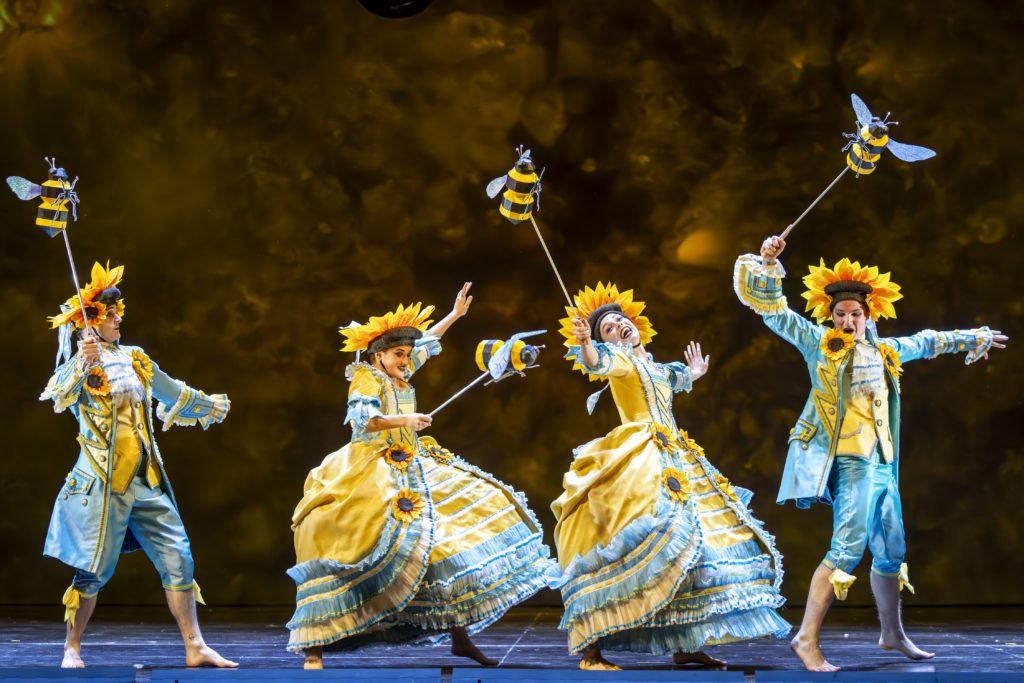
Jonny Aubrey-Bentley, left, Rose Ellen Lewis, Ruby Portus and Ben Yorke-Griffiths as the Masque of Might dancers in Opera North’s world premiere

